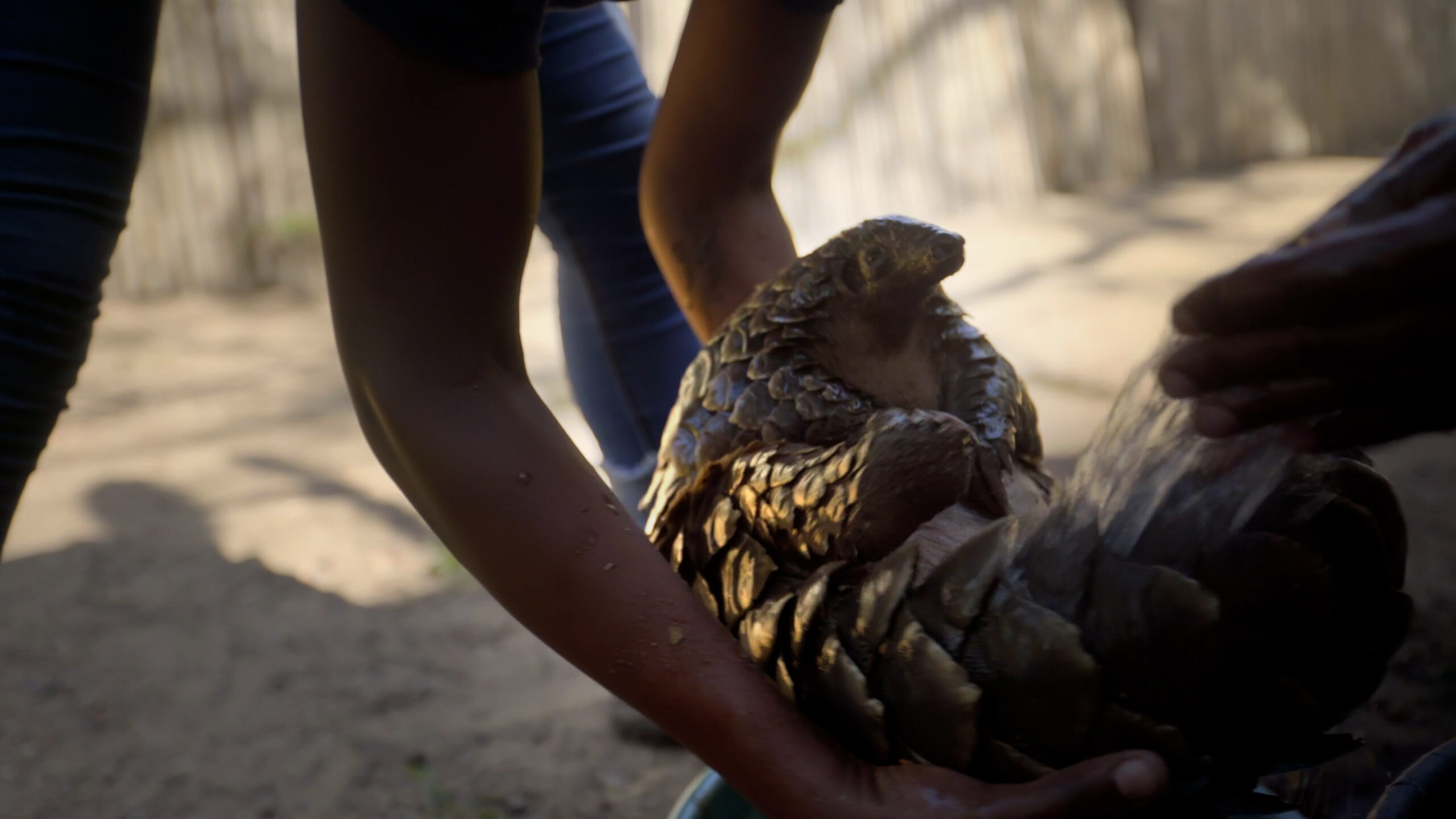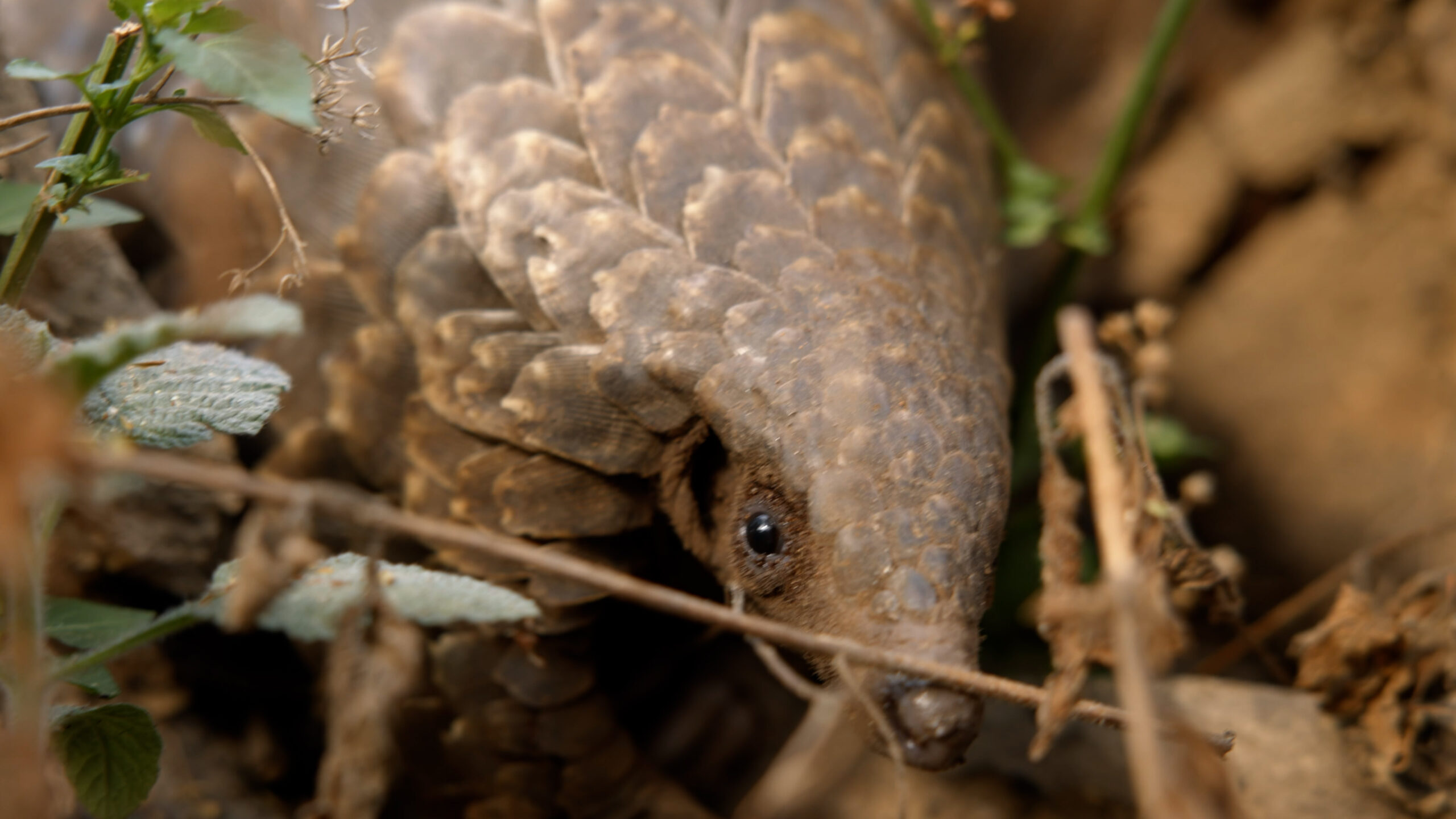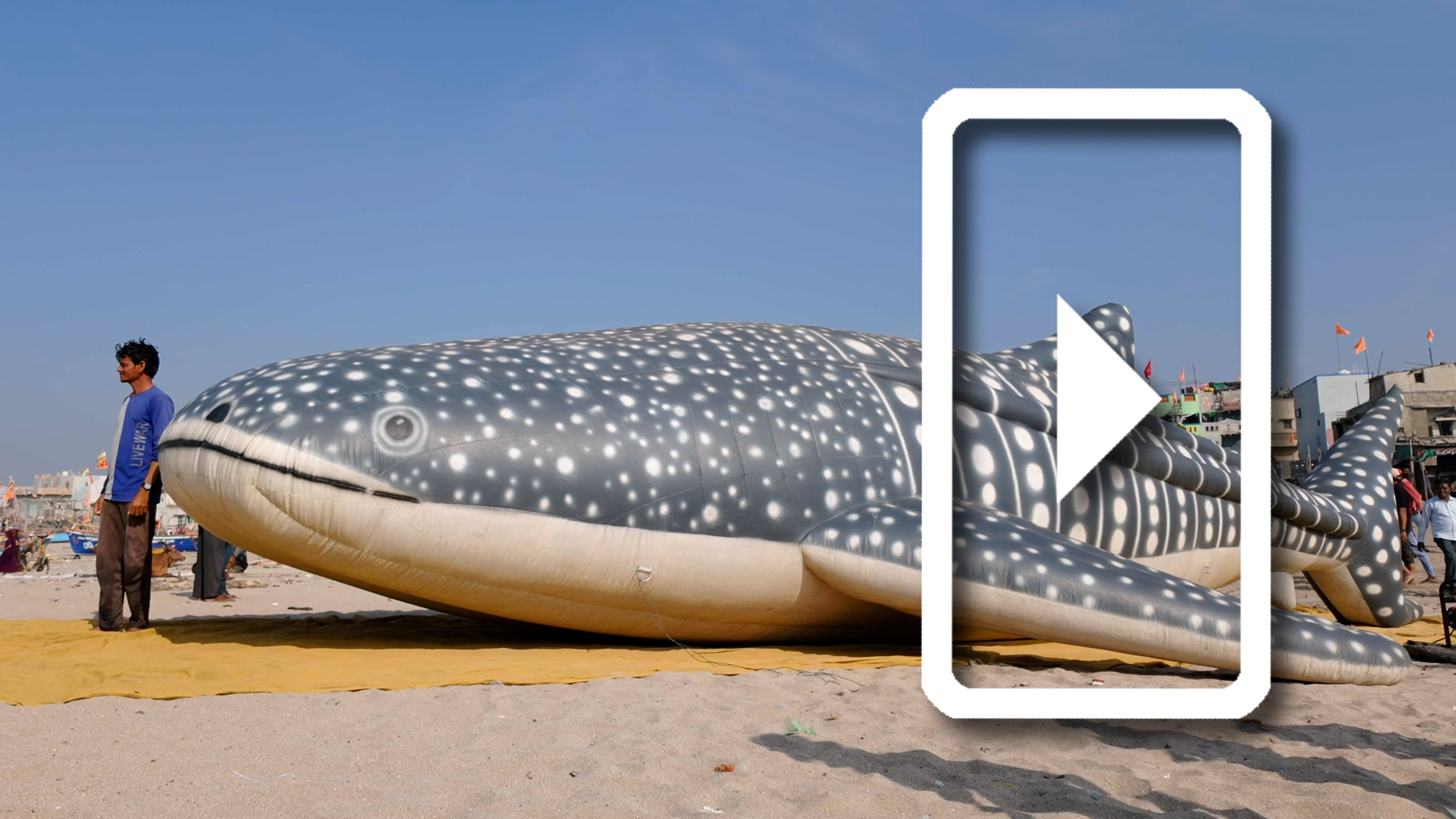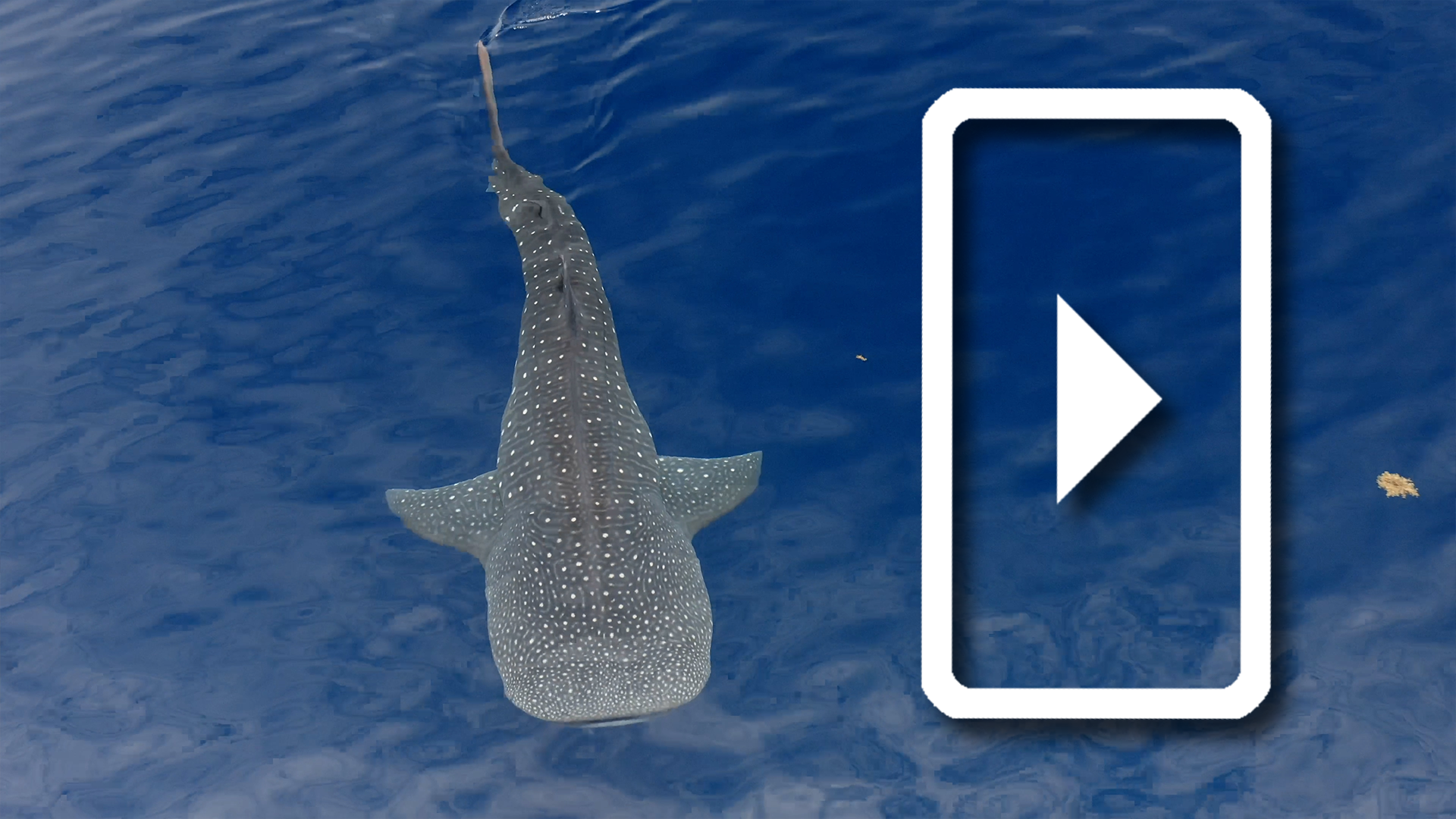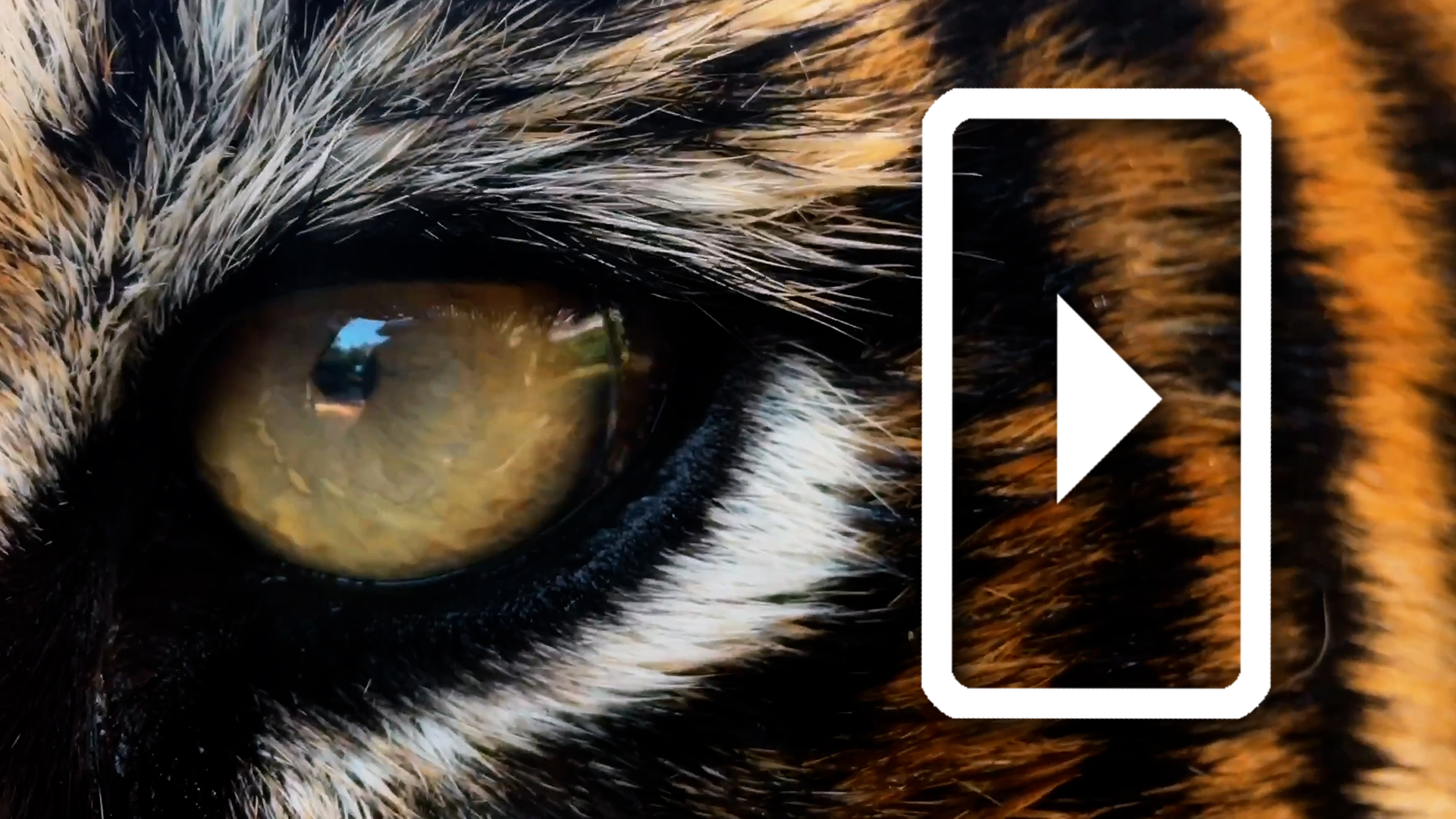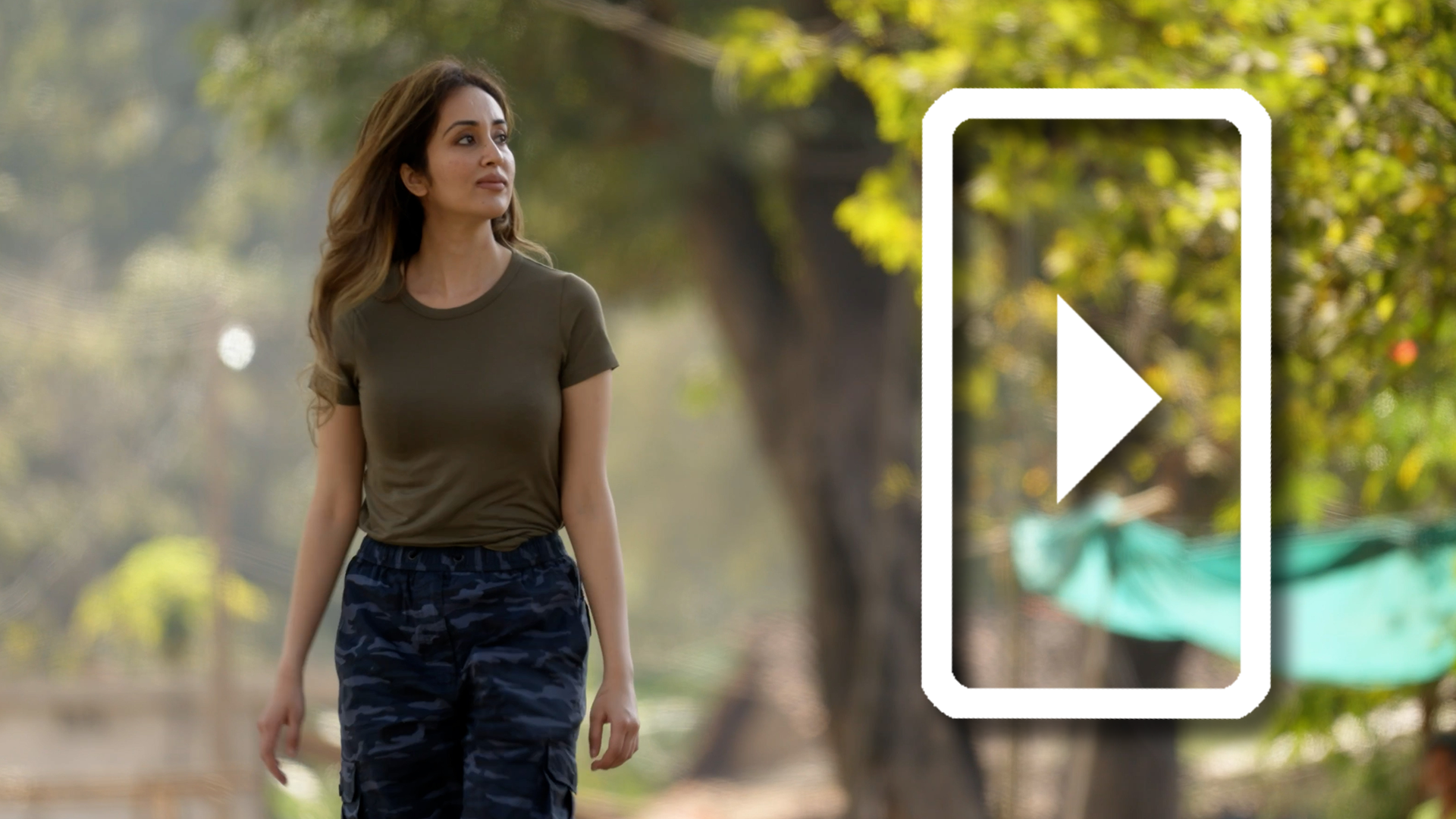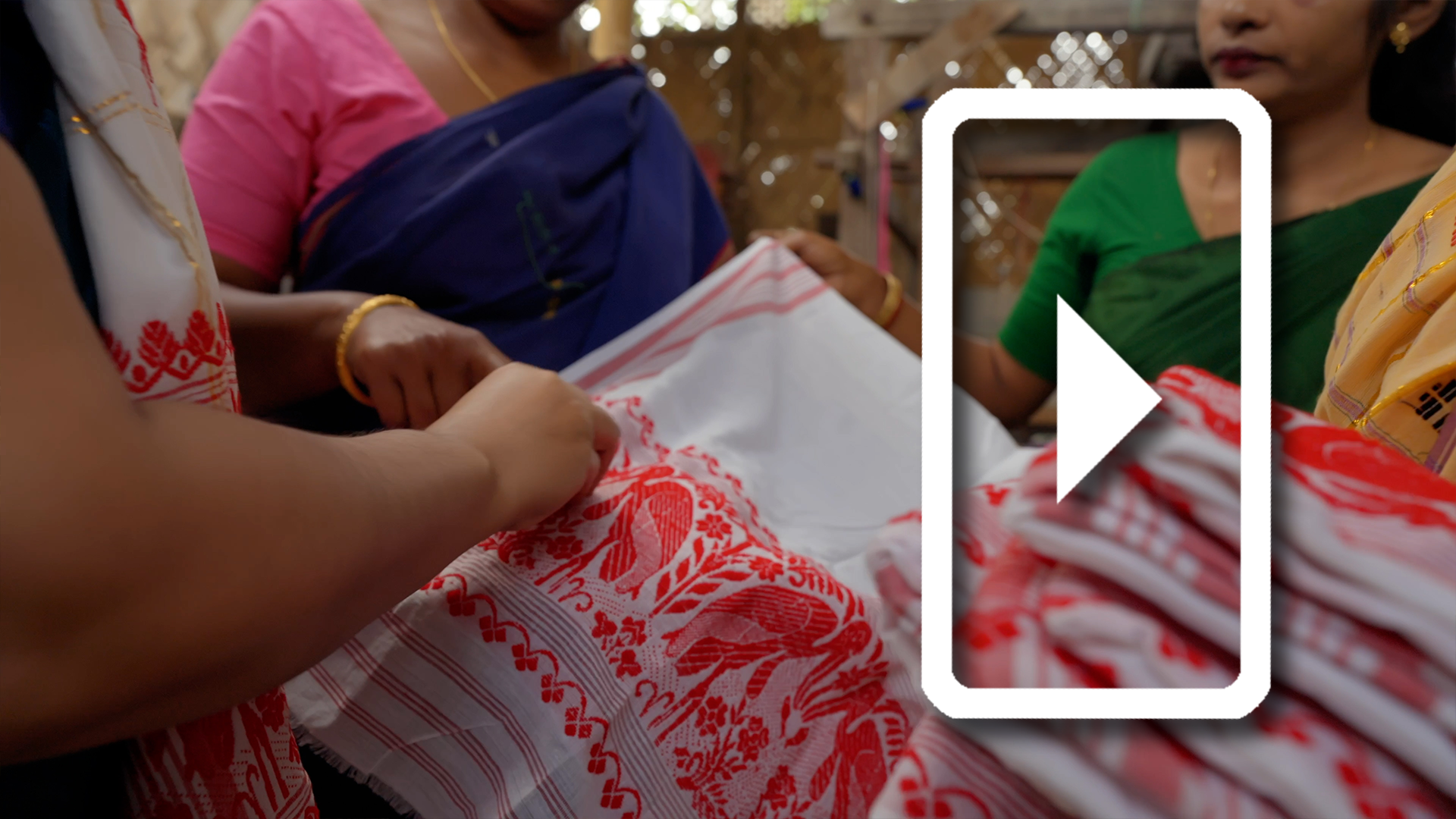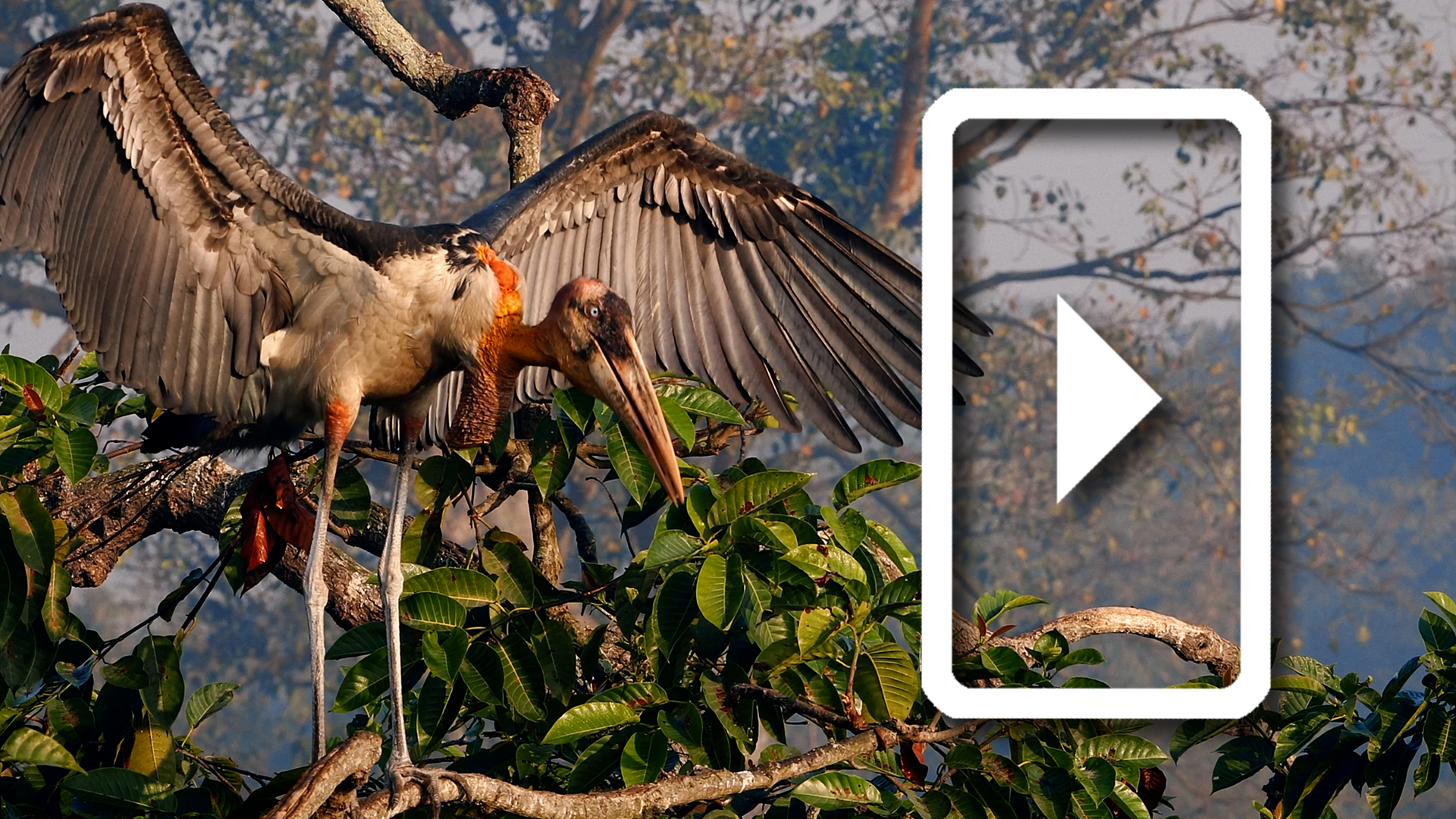Archives: Highlights
-
Stopping the Illegal Pangolin Trade
Pangolins are the only scaled mammal on earth, and unfortunately this unique and beautiful feature is the target of poachers and illegal animal traders seeking the scales for use in traditional medicine.
-
Meet the Pangolin!
Pangolins are amazing, bizarre creatures that live in Central and Southern Africa. They feed exclusively and voraciously on ants and termites, and they’re perfectly specialized for this type of hunt.
-
Protecting One of India’s Largest Wildlife Corridors
Protecting the migratory corridors for India's elephants benefits countless other plants and animal as well, making elephants an “umbrella species” whose protection benefits other wildlife that shares the same ecosystem.
-
Understanding Elephant-Human Conflict
In southern India, villages were built in the middle of an “elephant superhighway” used by the largest population of Asian elephants on Earth, leading to ongoing conflict that was dangerous for both the human residents and the elephants themselves.
-
Rallying Support for Whale Shark Conservation
It hasn’t been easy to convert the fishing community of Gujarat, India to be whale shark allies — but the message is finally breaking through.
-
Freeing Whale Sharks from Fishing Nets
To help India’s whale shark numbers recover, a program is now incentivizing fishermen to cut free the sharks from their nets — and offers to compensate the fishermen for the damages.
-
Using AI to Prevent Wild Tiger Conflict
AI-enabled cameras are being deployed in a part of India that has the highest concentration of tigers on Earth. These trail cams don’t just take a photo of whatever passes by, but analyze it to identify whether it’s a tiger.
-
Dr. Hrishita Negi and her Love of Tigers
Dr. Hrishita Negi grew up watching wild tigers. Her father, Himmat, worked in tiger conservation for decades, contributing to India’s success in doubling its tiger population over the past 50 years.
-
Supporting Storks, Uplifting Women
To help protect an endangered stork, biologist Purnima Devi Barman provided looms and training to local women to create textiles and clothes that feature the bird.
-
The Misunderstood “Hargila” Stork
The greater adjutant stork is one of the largest — and rarest — storks on earth. But locals in one of their last strongholds in Assam, India considered them to be a bad omen until Purnima Devi Barman revitalized their public image.
